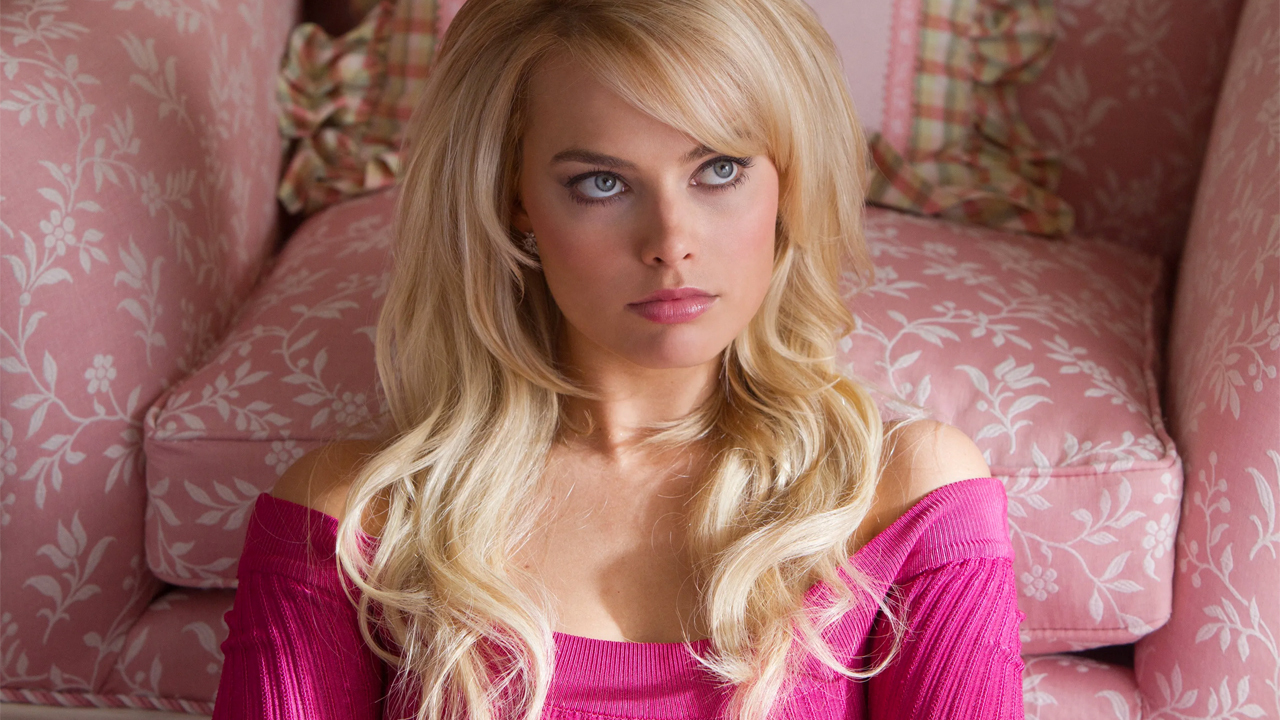I Saw Gladiator II, And I Have Some Thoughts About The Ending Compared To The Original
I was very entertained.
Your Daily Blend of Entertainment News
You are now subscribed
Your newsletter sign-up was successful
If you were not entertained by Gladiator II or at least have not been entertained yet by Gladiator II, please pop out of this spoilery article and read one of our other lovely and spoiler-free articles on CinemaBlend.
When Gladiator II hit the movie release schedule, one of my big concerns was that the movie would try to rehash or expand on some of the original movie's ideas in a cheesy or poorly executed way. The movie’s B Cinemascore (which aligns with CinemaBlend’s Gladiator II review) did little to dissuade me before I plunked down into a comfy chair with a bucket of popcorn.
As it turns out, I could not have been happier with the way the movie handled its Gladiator connections – and completely flipped the script on its ending.
A Lot Of Gladiator II’s Connections To The Original Were Handled Deftly
The Gladiator II sequel takes great pains to set up a story of a young fighter that sees loss of a similar ilk to Maximus in the first movie. In the new movie, Lucius (Paul Mescal) is fighting for a cause he believes in and loses everything he loves, including his wife, as he is becoming the person he is meant to be.
After losing a hard fought battle, he’s captured and shipped off to the lower rung Gladiator rings, again similar to Maximus Decimus Meridius before him. The movie also calls back to certain scenes and uses footage from the original movie to make connections between Russell Crowe’s character and Paul Mescal’s clear —as Mescal’s Lucius is a grown-up version of Lucilla’s son from the first movie.
The main component of Lucius’ storyline is the weakest thread in the movie –we’ve written about the connective tissue with Connie Nielsen’s character already – mostly I think because it tries to connect to the original in such a narrative-forward way. So I get the Cinemascore on some fronts; regardless, setting his storyline up in this way allows him to interact with Denzel Washington’s Macrinus and Pedro Pascal’s General Acacius in ways that felt important and engaging. Bascially, the main plot worked for me.
More importantly, a lot of the less focal ways the movie connects to its 2000 predecessor hit home. For example, I liked that Maximus’ armor is highlighted early in the movie and comes into play later when Lucius decides to take on his birthright. I liked the return to the Coliseum in the movie’s final moments. I liked how Macrinus’ story tied in with the lore in the first movie and how the dream of Rome remained a dream after Maximus’ death.
Your Daily Blend of Entertainment News
To me, these ties worked to set up a story that was solid enough to thread together two movies set decades apart. I was even more deeply affected by the choice to make sure the ending was very different than the original.
I Thought Gladiator II’s Ending Worked Spectacularly
Gladiator has a perfect ending. It’s iconic, it was meaningful for the character, and it’s the sort of ending we’re still talking about years and years later, the sort of ending that cemented Russell Crowe’s career. The one thing I did not want to see in Gladiator II was Lucius falling to the same fate Maximus did. To me, Maximus was fulfilling an oath he’d made before he joined his wife in the underworld; Lucius was ready to fulfill a dream his grandfather had. If he'd died at the end of Gladiator II it would not have had the same impact and would have felt more like evil triumphing over good rather than the other way around.
While watching, I actually thought Gladiator II might go full circle and have a similar ending to the original movie. There are teases early on about Lucius rejoining his wife in the afterlife that echo Maximus’ storyline. Given Washington’s character Macrinus appears to be sneaky and a worthy (maybe even Oscar worthy) opponent, I was also worried for Lucius by the midpoint of the movie when Macrinus goes from a nebulous character to one who is a major threat. Because of the way the plot was set up, though, I found this option to be far less romantic than what happened in Maximus’ movie.
Instead, in its final scenes, Lucius dons Maximus’ armor and ignites the trust he’s built up in the gladiator ring. He also takes a chance getting a message to General Acacius’ allies, asking them to come to his aid, using a ring he’d been given from his grandfather as currency.
The subsequent standoff between Macrinus and Lucius is riveting (and maybe too violent for some), though I hated to see such a wild character as Macrinus die. In the end, both armies are ready for change and embrace the “idea of Rome’ that Lucius wants to fight for. He lives and with him, the dream of Rome lives on, too.
The ending is hopeful for the future in a similar way to the original movie’s closing scenes, but it’s not trying to be the same thing as the original, and this was a very important distinction I thought the sequel needed to make. Afterward, in another nod, Lucius returns to the Coliseum, echoing Juba burying Maximus’ family figures, and the movie tied into the famous wheat fields scene from the OG movie – again another moment I thought made sense.
Before release, Ridley Scott called Gladiator II “the best thing” he’s ever made. Give his oeuvre and the fact the first Gladiator exists, I’m not sure I’d go so far as to agree, but there’s no doubt in my mind that Gladiator II made for an entertaining sequel. Give it a chance now that it's headed onto VOD platforms. You might be surprised, and even entertained.

Jessica Rawden is Managing Editor at CinemaBlend. She’s been kicking out news stories since 2007 and joined the full-time staff in 2014. She oversees news content, hiring and training for the site, and her areas of expertise include theme parks, rom-coms, Hallmark (particularly Christmas movie season), reality TV, celebrity interviews and primetime. She loves a good animated movie. Jessica has a Masters in Library Science degree from Indiana University, and used to be found behind a reference desk most definitely not shushing people. She now uses those skills in researching and tracking down information in very different ways.
You must confirm your public display name before commenting
Please logout and then login again, you will then be prompted to enter your display name.
